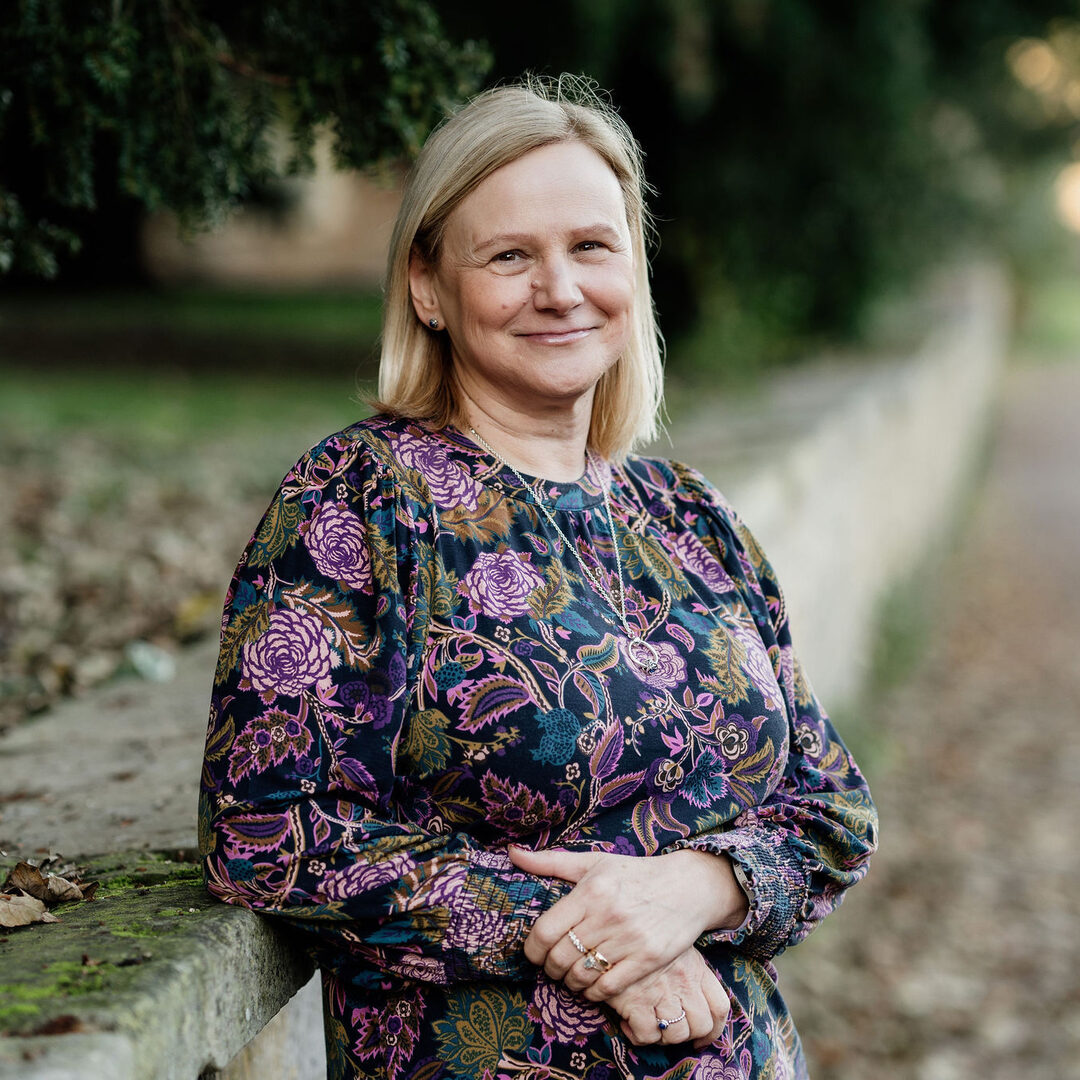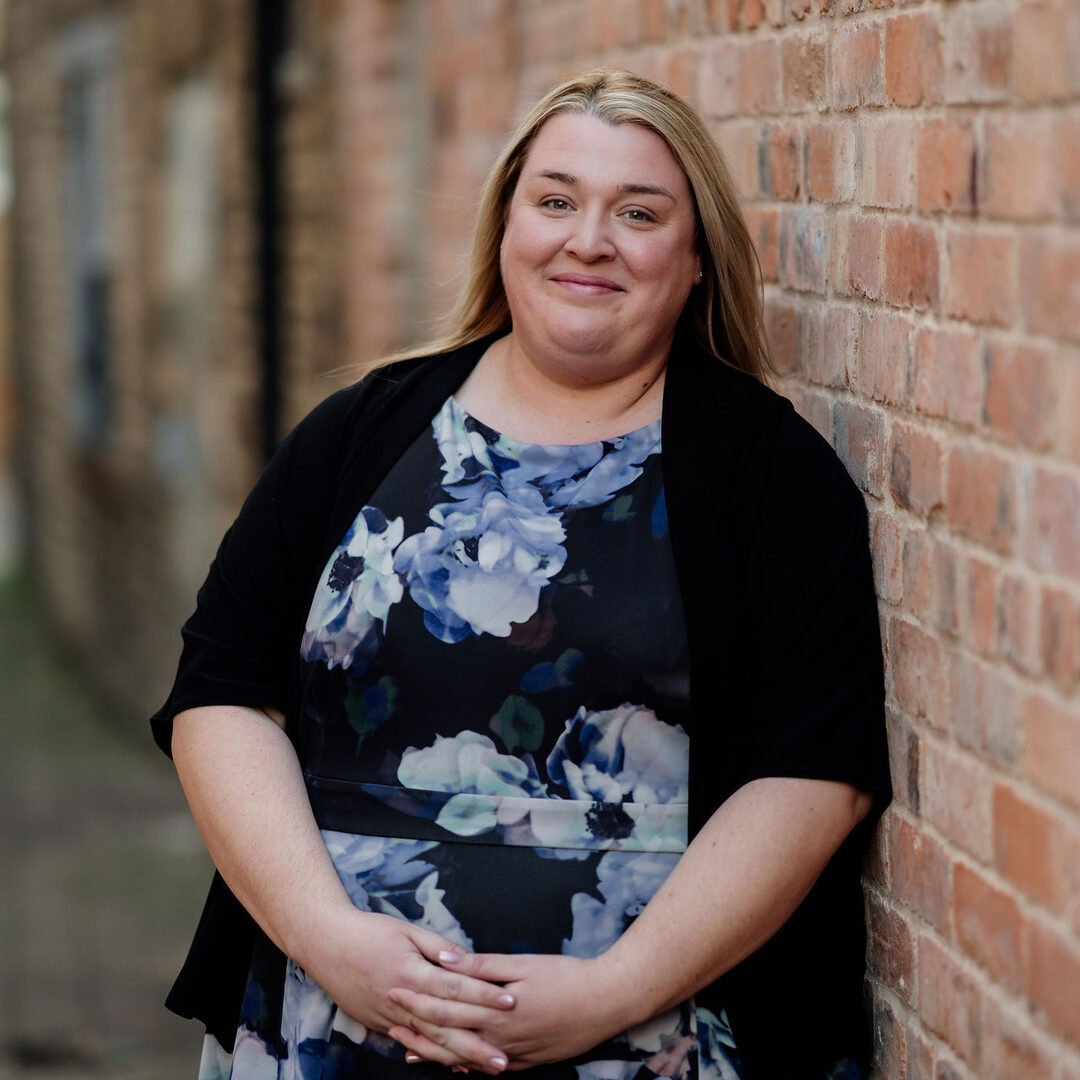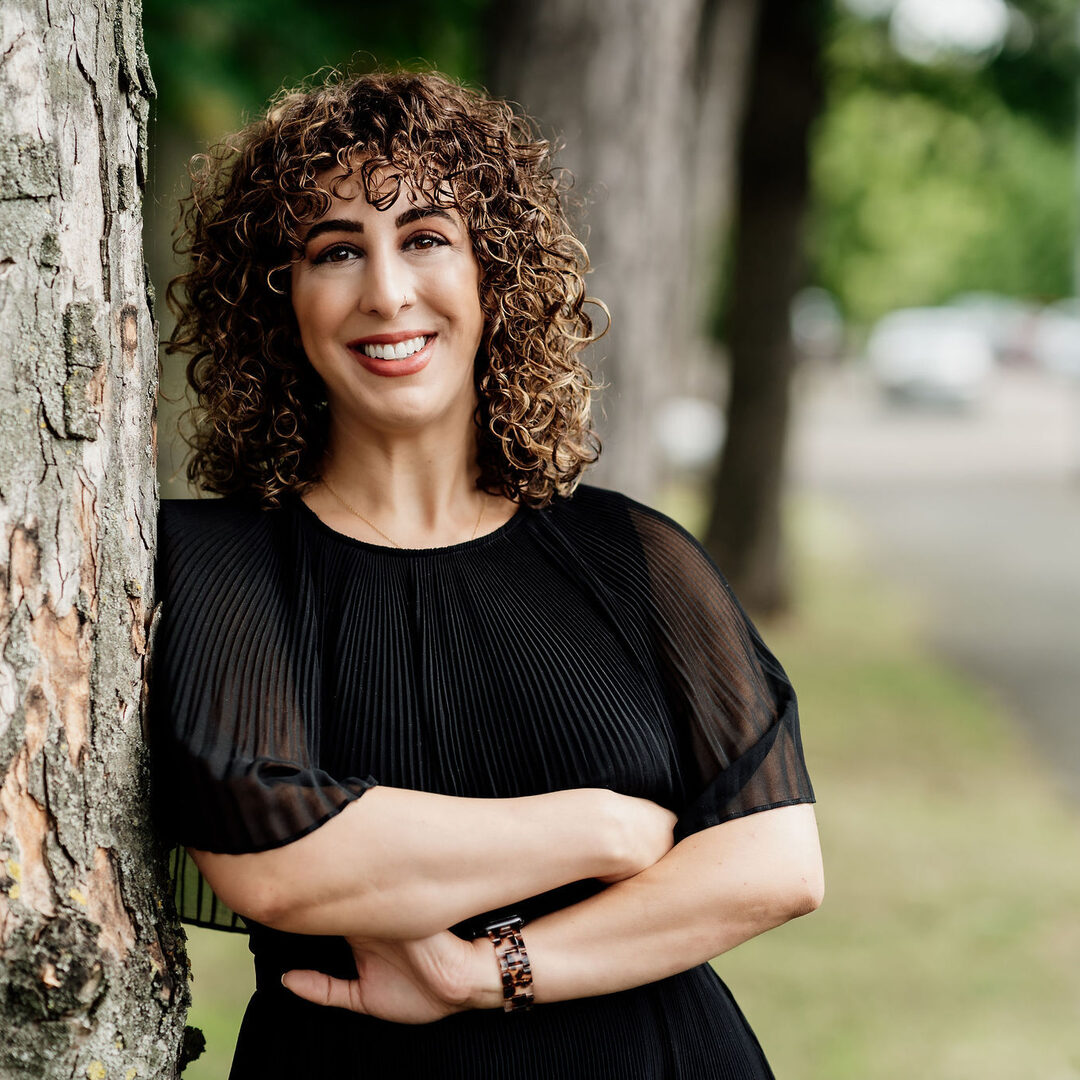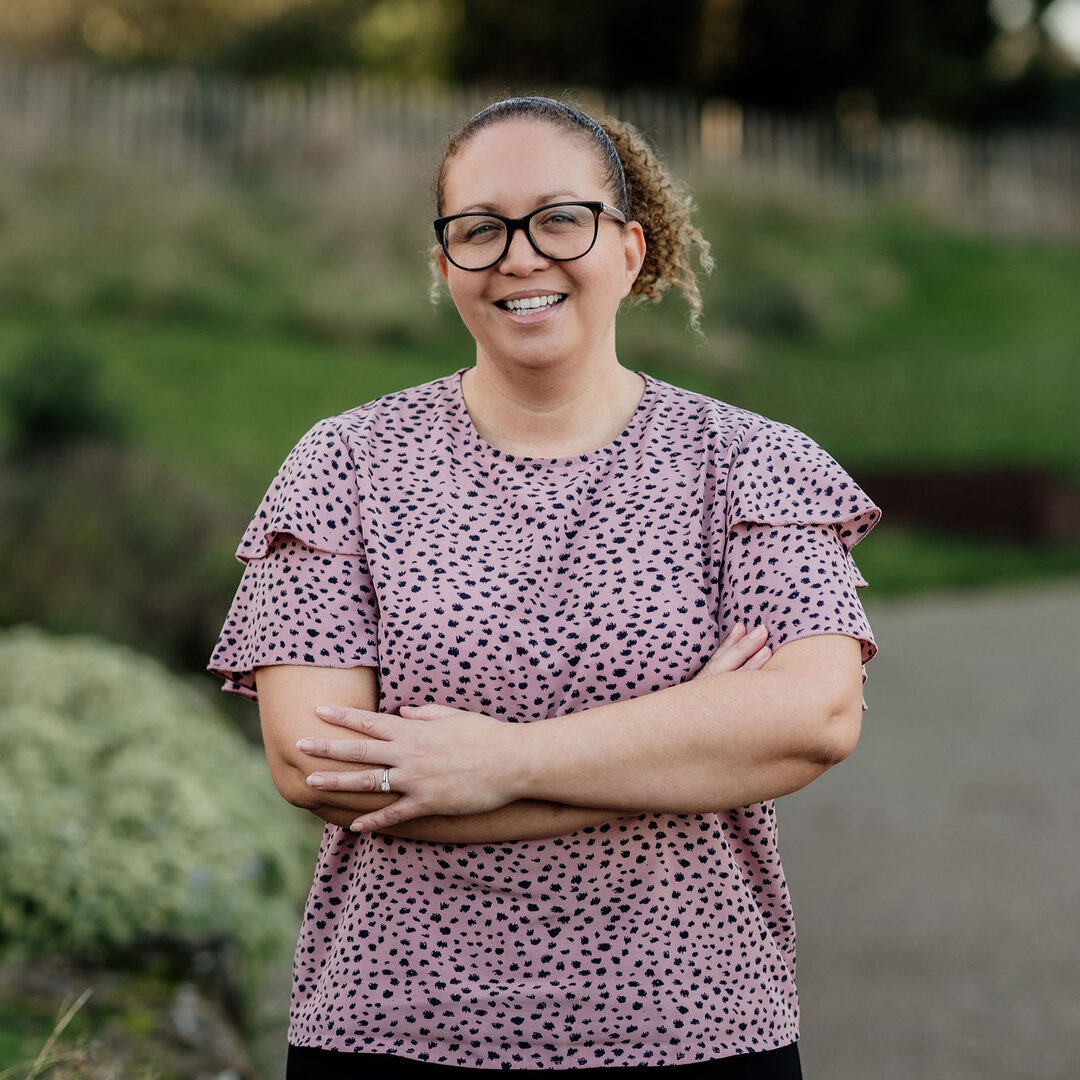Common law husband & wife rights?
People often think that if unmarried partners live together for some time they become ‘common law husband and wife’ and their relationship acquires some extra legal status. Sadly, this is not the case and there is no real legal protection available to unmarried people that purchase a property together under current law.
Why now is a good time to think about making or updating a will
Your property is usually the biggest asset you hold, and so it makes sense to have a professionally drawn up will in place to make sure your assets are divided up in accordance with your wishes.
If you die without a will – which is known as intestacy – the following rules apply:
- If you decide to buy the property as tenants-in-common the surviving partner will not automatically be entitled to the remaining share of the property, instead it will become part of the deceased’s estate.
- If you decide to buy property as joint tenants if one of you dies the deceased’s interest in the property will automatically pass to the survivor but not the rest of their estate. Further difficulties can arise in relation to the mortgage depending on how any life cover is arranged.
If an unmarried couple buy the property as joint tenants and one partner dies without a will, the rest of their estate will pass to their children, or if they do not have any, to their parents or brothers and sisters. It will be their relatives who will be responsible for winding up their affairs and the surviving partner will have no rights to deal with this very personal task.
By making a will you decide how your estate should be divided and who should handle your affairs.
For more information, please contact a member of our residential conveyancing team.

























